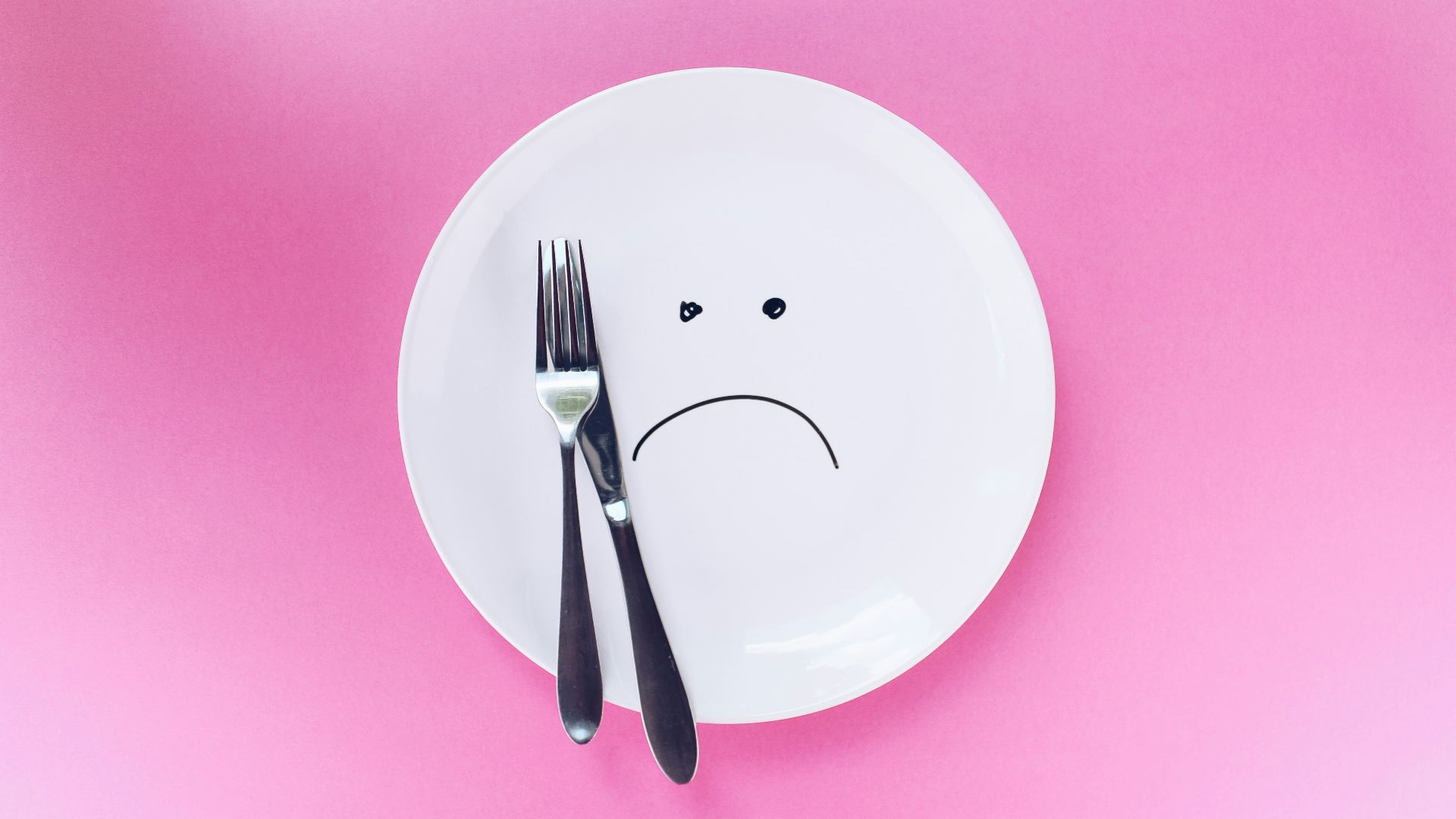You're Not Eating Enough If You Experience These Common Signs
We get it. Your days are busy, and you’re running around so much that it can be hard to find time to go to the bathroom.
It’s no surprise that your eating habits are affected by your schedule, as well as by the belief that consuming a specific number of calories will keep you at the “right” size. Unless you’ve actually talked it through with a professional, your infrequent eating habits (whether intentional or not) are doing more harm than good. If you’re experiencing one or more of these signs, it may be time to rethink your eating habits.
Low Energy/Fatigue
You worked out, you had dinner, you drank water, and you went to sleep, only to wake up the next morning feeling just as tired as the night before. The answer here could be your diet. If your body isn’t getting enough energy (aka calories) to perform its basic daily tasks, it’s no wonder that you never feel fully rested.
Feeling Cold
A constant stream of calories keeps your body warm, so it only makes sense that an absence of calories would make you feel cold all the time. If you find yourself feeling unnaturally chilly even in a perfectly temperate room, it may be a sign that you’re not eating enough.
Poor Collagen Production
Dry or dull skin? Brittle nails? Frizzy or unhealthy hair? All of these symptoms are due to you not getting enough vitamins and minerals in your diet. You could take collagen gummies, but it might be better to just go ahead and make a big bowl of fruits and veggies.
Always Hungry, Or Never Hungry
Not eating enough, or ignoring your body’s signs that tell you it's hungry or full for extended periods of time, can mess with your hunger cues. Even if you don’t feel hungry, chances are your body is actually in need of some energy, but doesn’t know how to tell you that. This issue can also lead to overeating, as when you finally do put something in your stomach, your body wants more than it can handle.
Health Issues
A lack of food can lead to several health issues within your body. For one, a lack of fiber can mess with your organs’ ability to create waste, leading to a slower procession in your digestive tract. Furthermore, nutrient deficiencies can play with your immune system, making you more prone to illnesses. Weight loss, changes in your menstrual cycle, dizziness, and general weakness are also common factors when you’re not eating enough.
Quick Fixes
Eat smaller, more frequent meals if you can
Plan ahead of time what you’re going to eat
Add calorie-dense foods like cheese, nuts, and nut butters
Incorporate a smoothie or shake into your daily meal, so you can get essential vitamins and nutrients in a more compact way
If you’re really worried about your calorie intake, you can also invest in meal replacement shakes—but don’t use them for every meal
Keep trail mix, protein bars, or granola bars in your day bag so you can eat on the go
KEEP ON READING

These Baked Goods Make For The Perfect Sweet Gift

How Much Calcium Does Your Family Need?







